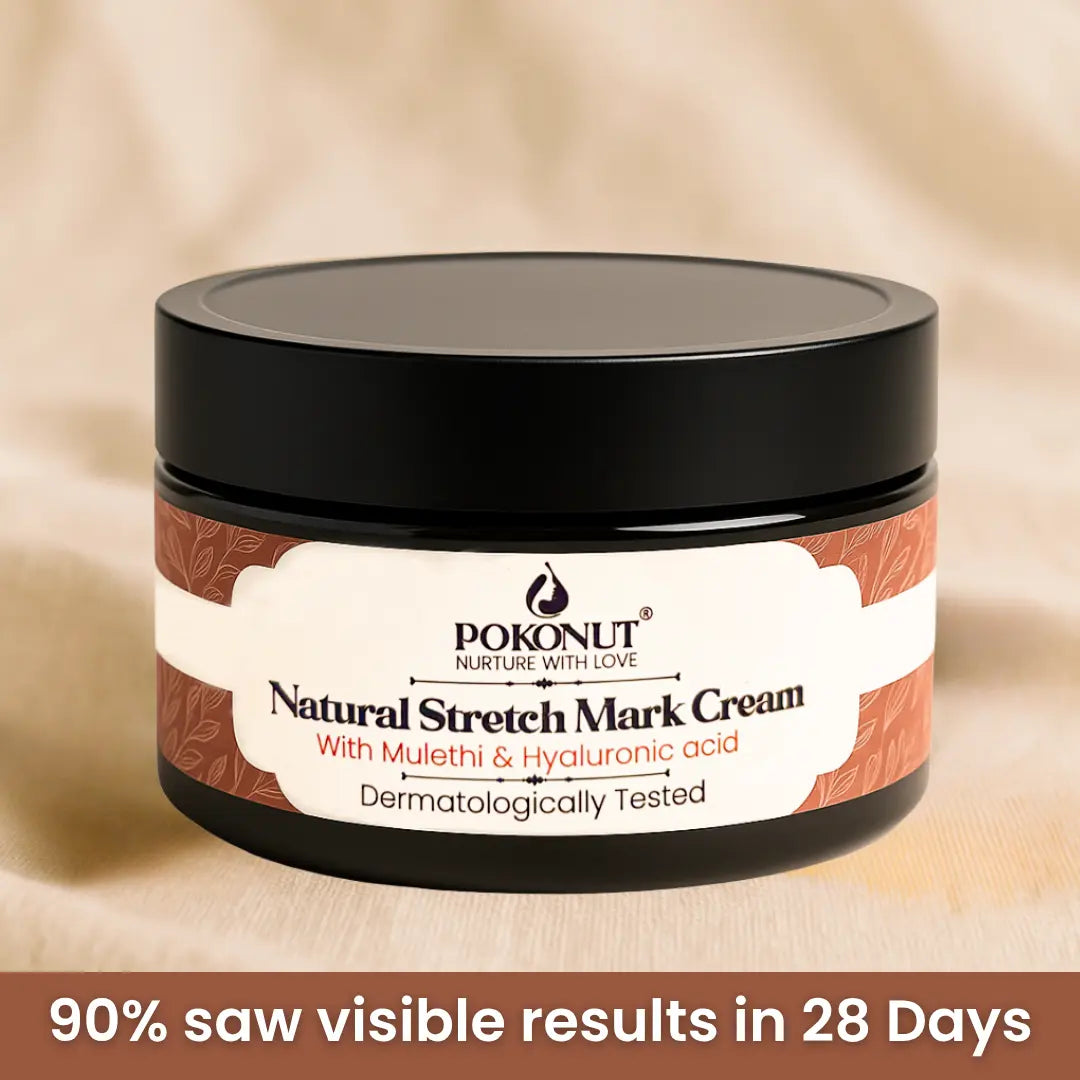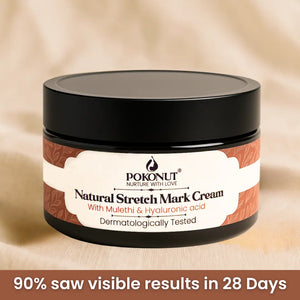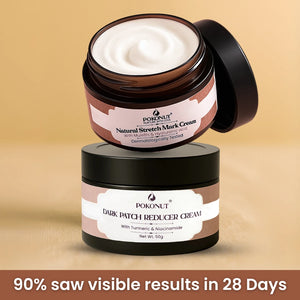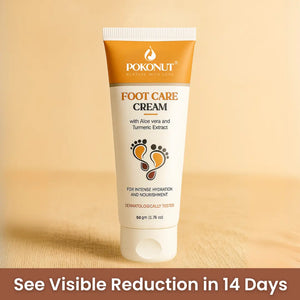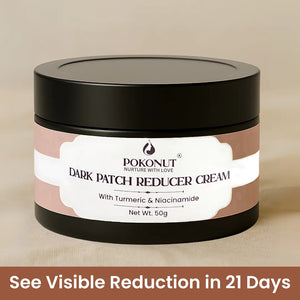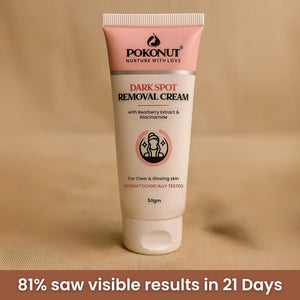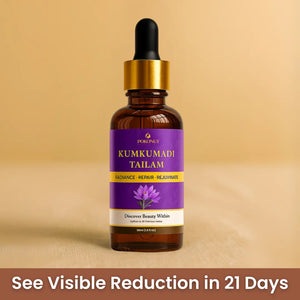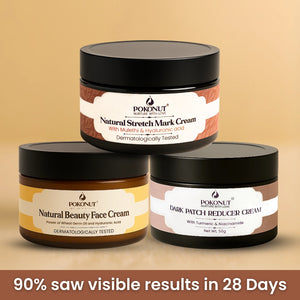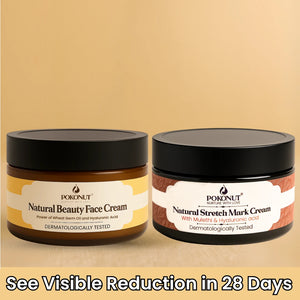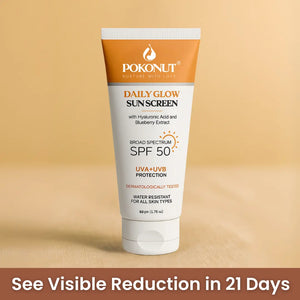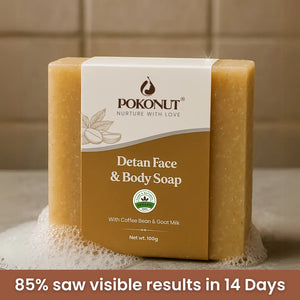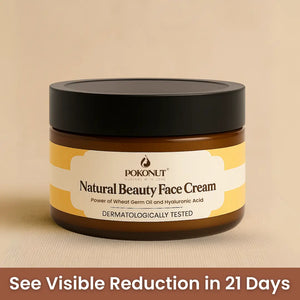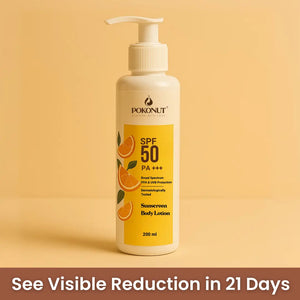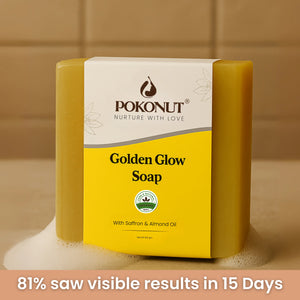Simple Skincare Tips to Get Rid of Acne Naturally

Medically Reviewed By:
Dr. Mousumi Dash, BAMS
Written by Our Editorial Team
When you’re searching for how to remove acne for your face, the key is to understand what’s happening inside your skin. Acne is not just about oil or dirt, it’s an inflammatory condition triggered by blocked pores, bacteria, hormones and barrier imbalance. Natural skincare can help significantly, especially when you use ingredients and habits that support your skin’s biology instead of irritating it.
This guide breaks down everything in a simple, clear, scientific way so you fully understand how to manage acne naturally and safely.
What Causes Acne?
Acne develops when excess oil mixes with dead skin cells and blocks your pores. Once a pore is clogged, C. acnes bacteria multiply inside it, causing inflammation, swelling and pain. Hormonal fluctuations make sebaceous glands produce more oil, especially around puberty, stress and menstrual cycles. Lifestyle factors — such as a high-sugar diet, poor sleep, sweat accumulation and touching your face — can worsen this cycle.
Understanding these triggers helps you decide which natural remedies and habits will benefit your skin the most.
Daily Natural Skincare Tips That Truly Help
Gentle Cleansing
Cleansing plays a crucial role in keeping acne under control, but it must be gentle. Harsh or foaming cleansers can strip your skin barrier, making it produce more oil and worsening breakouts. A mild, pH-balanced cleanser removes sweat, sunscreen, pollution and bacteria without causing irritation. Natural cleansing agents like aloe, neem, tea tree and green tea are soothing and keep the skin clean while reducing inflammation.
Proper Hydration
Many people think oily skin doesn’t need moisturiser, but dehydrated skin produces even more oil to compensate. Lightweight hydrating ingredients such as aloe vera gel, cucumber extract and plant-derived hyaluronic acid maintain moisture balance and calm inflamed skin. A strong skin barrier also helps prevent recurring breakouts.
Sun Protection
Sun exposure increases redness, worsens acne inflammation and darkens post-acne marks. Using a gel-based or mineral sunscreen prevents pigmentation, protects healing skin and helps maintain an even skin tone. Sun protection is a crucial part of both acne treatment and acne mark prevention.
Natural Ingredients That Actually Work on Acne
-
Aloe Vera - Aloe vera reduces redness and inflammation due to its polysaccharides and soothing compounds. It calms sensitive areas, speeds up healing and supports the skin’s moisture barrier, making it ideal for mild to moderate acne.
-
Tea Tree Oil - Tea tree oil contains natural antibacterial molecules that reduce C. acnes activity. It’s effective for controlling small breakouts or early pimples. However, it must always be diluted to avoid irritation, making it a controlled natural option for spot treatment.
-
Turmeric - Curcumin in turmeric helps reduce inflammation and oxidative stress around active breakouts. It can be beneficial for calming red, angry pimples when used in low concentrations or diluted formulations.
-
Honey (Raw or Manuka) - Honey provides gentle antibacterial effects and supports wound healing. It works well as a short-contact spot treatment for early-stage pimples by reducing swelling and minimising bacterial growth.
- Green Tea Extract - Green tea contains catechins that help regulate oil production and inflammation. It’s helpful for people who experience oily skin along with redness or flare-ups, and it works well when used as a toner or soothing treatment.
Natural Anti-Acne Products

When selecting natural skincare products for acne, many people prefer cleansers or soaps containing neem, turmeric, tea tree or coconut-derived surfactants because these ingredients balance oil and soothe irritation without disrupting the skin barrier. Products made with this gentle, botanical-led approach, like the formulation style used in Pokonut’s anti-acne products consisting of anti acne soap, can fit naturally into a routine focused on reducing acne without harsh chemicals.
Lifestyle Habits That Support Clear Skin
-
Diet & Gut Health - Your diet directly affects inflammation and hormone levels, both of which influence acne. High-sugar foods, processed snacks and dairy may trigger breakouts in some people. Including skin-supporting foods such as nuts, seeds, omega-3-rich options, leafy vegetables and fruits helps reduce internal inflammation and supports clearer skin.
-
Sleep & Stress - Poor sleep increases cortisol levels, which leads to more oil production and slower healing of acne. Managing stress through simple techniques like deep breathing, light exercise or yoga helps stabilise hormones and improve the skin’s recovery cycle. A well-rested body reflects in calmer, healthier skin.
-
Hygiene Habits - Small daily habits can prevent recurring breakouts. Clean pillowcases reduce oil and bacteria transfer. Regularly wiping your phone screen prevents cheek acne. Showering after sweating keeps pores from clogging. Avoiding face-touching helps reduce bacterial spread. Keeping hair products off your forehead also prevents product-based acne.
-
Natural Exfoliation (Used Carefully) - Exfoliation removes dead skin cells and prevents clogged pores, but only when done gently. Harsh scrubs cause micro-tears and worsen inflammation. Natural options like oatmeal paste, fruit enzyme exfoliants or mild, naturally sourced lactic acid help unclog pores without damaging the barrier. Limit exfoliation to one or two times per week for safe results.
When Natural Methods Aren’t Enough
Natural skincare works well for mild to moderate acne, but deeper or cystic acne needs medical support. You should consider visiting a dermatologist if your pimples are painful, leave dark marks or scars, get worse around hormonal cycles or show no improvement after 8–12 weeks. Early intervention helps prevent long-term pigmentation and scarring.
Conclusion
If you're trying to understand or are searching for practical steps on how to remove acne from face naturally, the most effective approach is gentle, consistent skincare paired with healthy habits. Focus on calming inflammation, balancing oil, keeping pores clean and protecting your skin from irritation. Natural care works best when you respect your skin barrier and give your skin time to heal.
With patience and mindful choices, clearer skin is absolutely achievable.
FAQs
1. How to cure hormonal acne in pregnancy?
Hormonal acne during pregnancy usually occurs due to natural increases in progesterone, which boosts oil production. The safest approach is gentle skincare: mild cleansers, non-comedogenic moisturisers, sunscreen, and soothing ingredients like aloe, niacinamide, or green tea.
Avoid retinoids, salicylic acid in high concentrations, or any prescription-based acne treatments unless approved by your doctor. For pregnancy-safe routines, always consult a dermatologist.
2. How can I clear my acne naturally?
You can clear mild acne naturally by following a gentle routine that calms inflammation and supports the skin barrier. Cleanse twice a day, use lightweight hydration, and apply sunscreen daily to prevent irritation and dark marks. Soothing ingredients like aloe vera, honey, turmeric, and green tea help reduce redness and swelling. Along with this, a balanced diet, good sleep, and stress control play an important role in keeping hormones stable and reducing new breakouts.
3. What is the fastest way to clear up acne?
The fastest improvement comes from reducing inflammation and keeping pores unclogged. Using a gentle cleanser, applying ice on inflamed pimples, using a mild exfoliant (once or twice weekly), and avoiding squeezing or touching the skin can speed up healing. While natural remedies help calm acne, moderate to severe breakouts may need quicker medical treatments like retinoids or benzoyl peroxide.
4. How does sleep affect acne?
Poor sleep increases cortisol — your body’s stress hormone — which boosts oil production and worsens inflammation. This leads to more clogged pores and slower healing of existing pimples. Quality sleep (7–8 hours) helps regulate hormones, improves skin repair cycles, and visibly reduces acne flare-ups.
5. What age is acne the worst?
Acne typically peaks between 13 and 19 years, when hormonal activity is highest. However, adult acne is also common, especially in women aged 25–40 due to stress, lifestyle, and hormonal fluctuations. The severity varies for each person based on genetics and hormonal balance.
6. How to stop hormonal acne?
Hormonal acne improves when you stabilize oil production, reduce inflammation, and address internal triggers. A consistent routine with gentle cleansing, balanced hydration, sun protection, and anti-inflammatory ingredients helps. For persistent hormonal acne, dermatologists may suggest treatments like hormonal regulation, topical retinoids, or oral medication. Stress management, sleep, and balanced meals also help regulate hormonal activity.
About Doctor :

